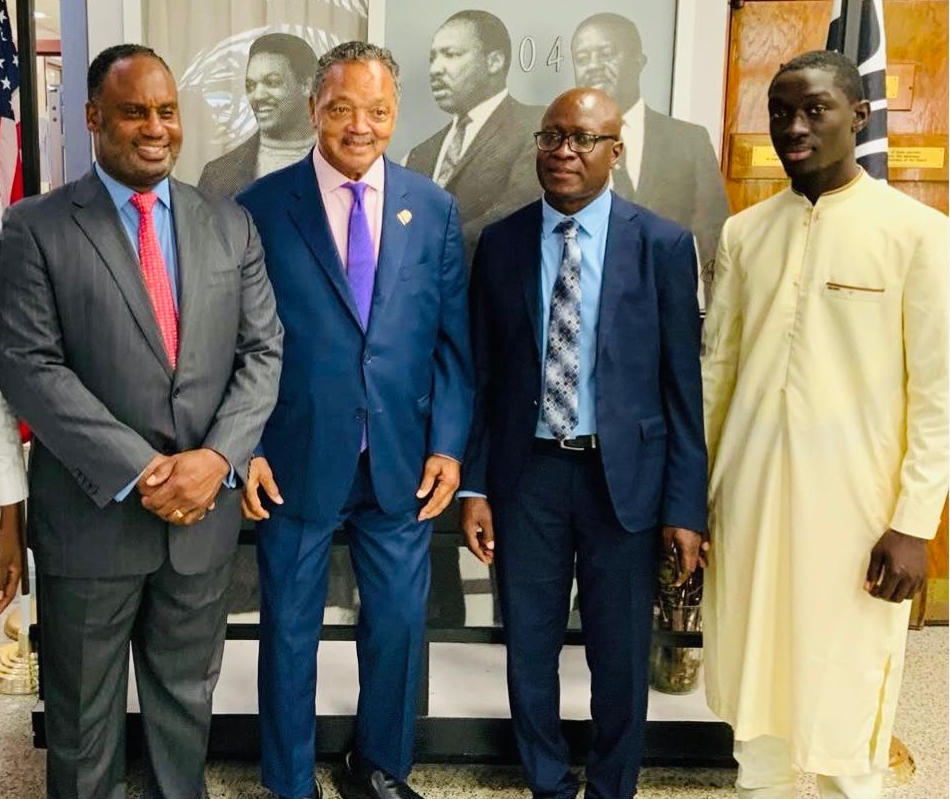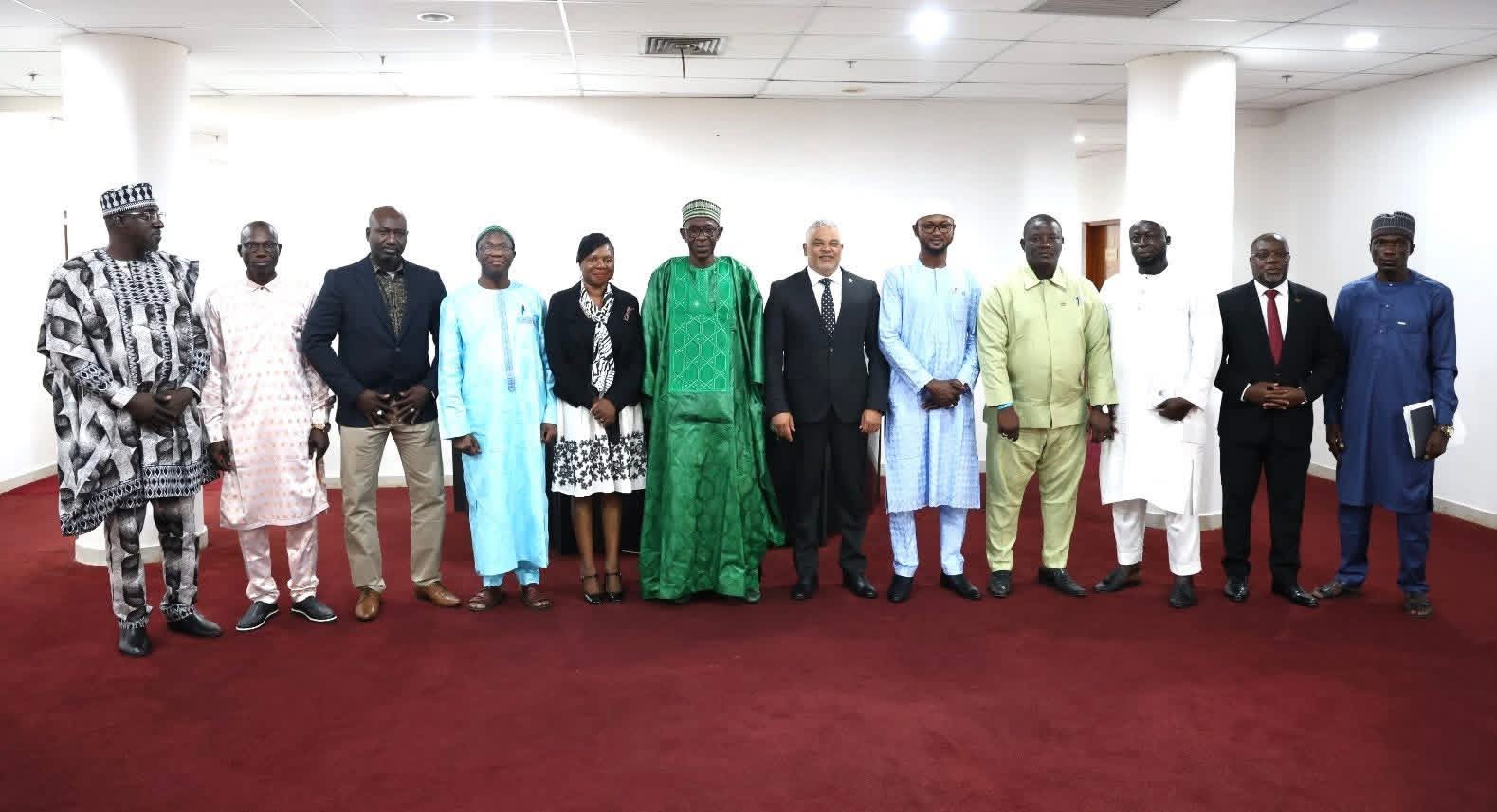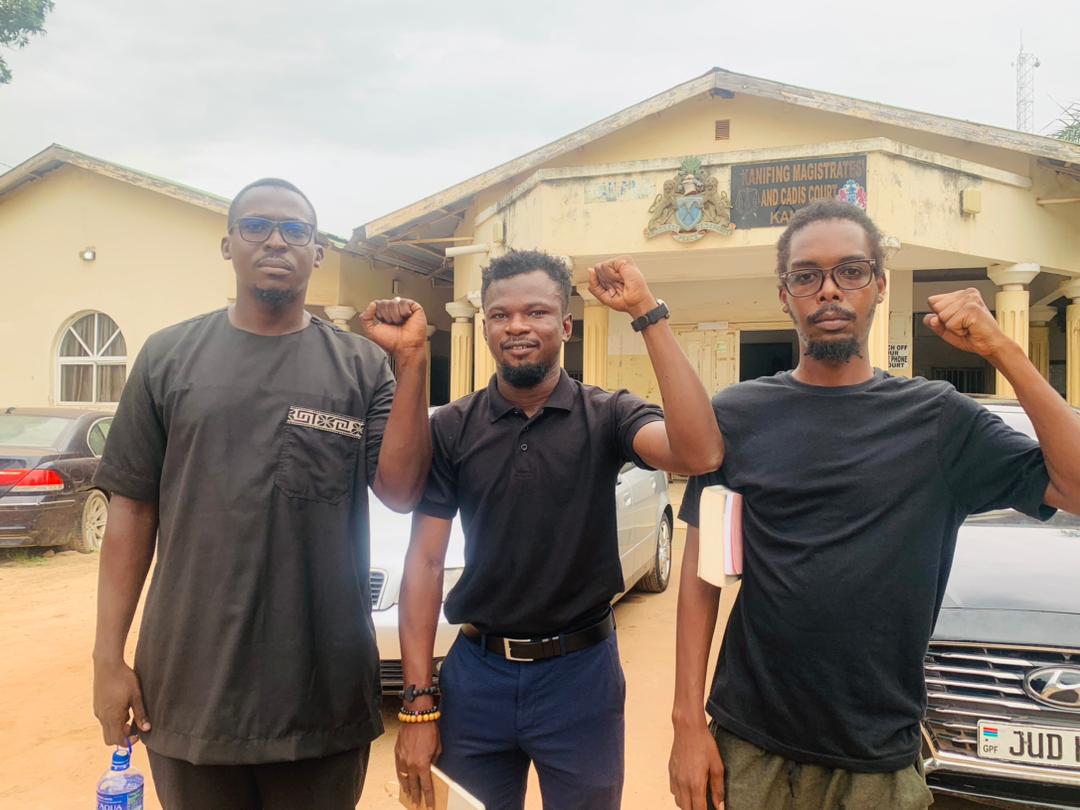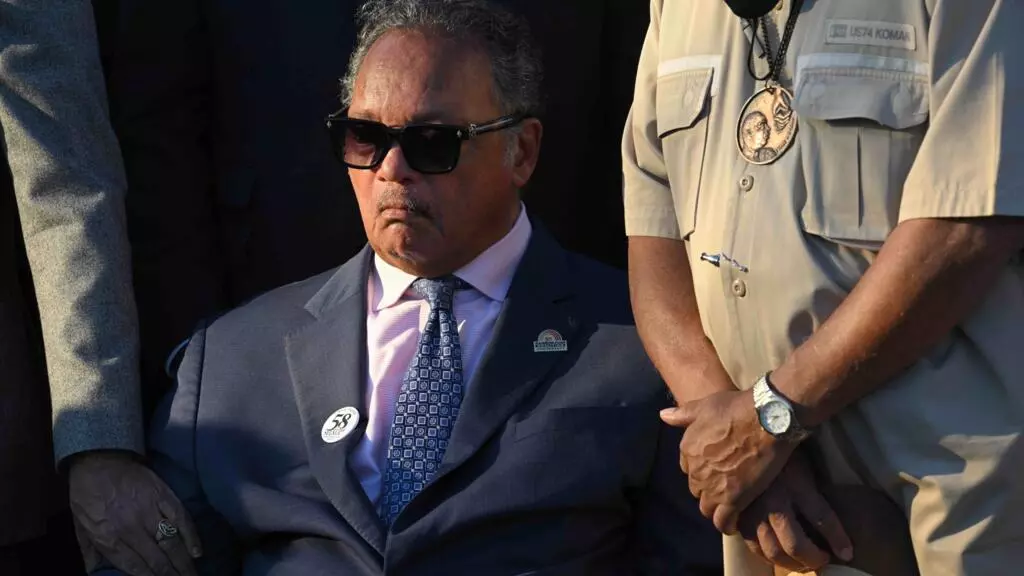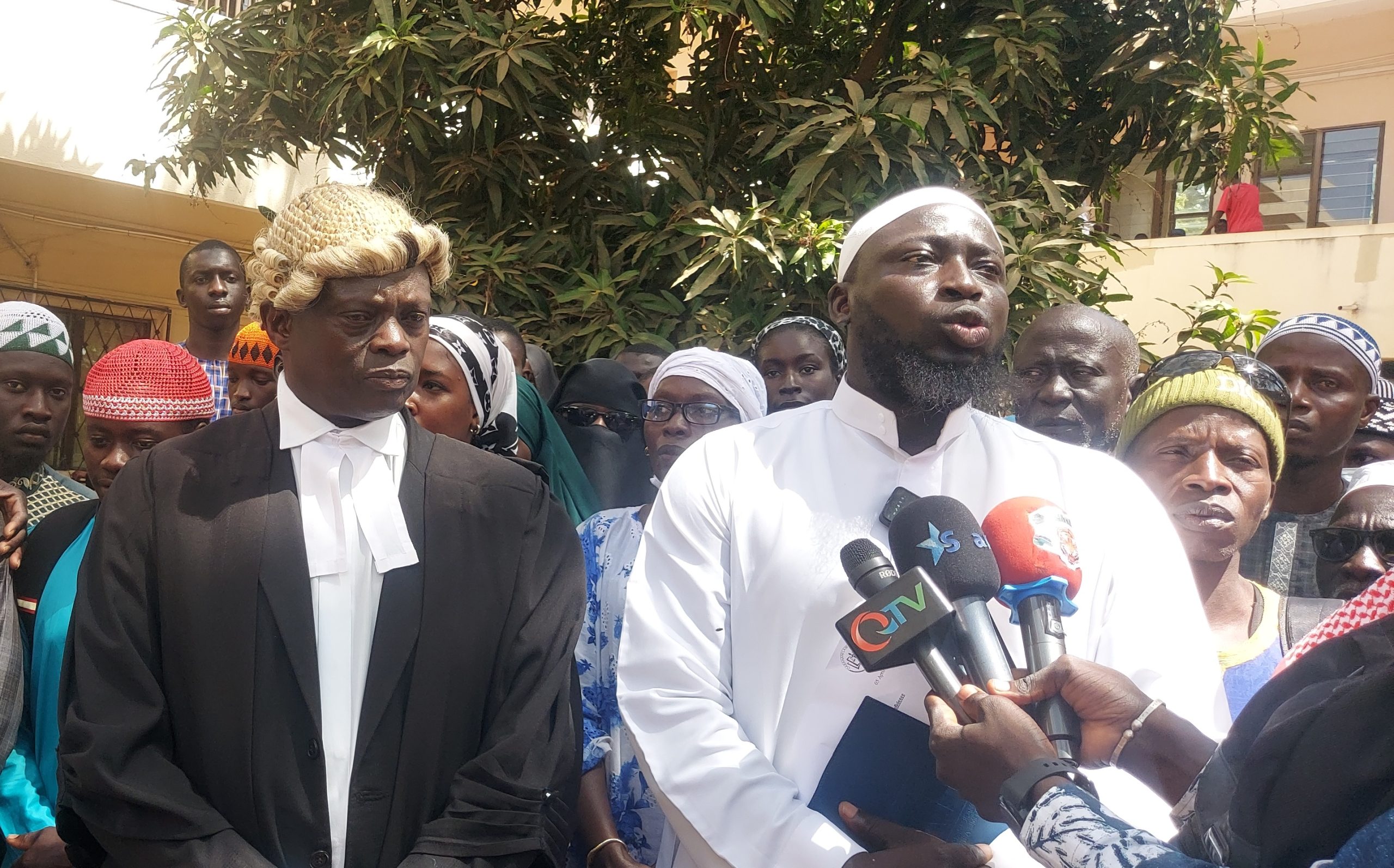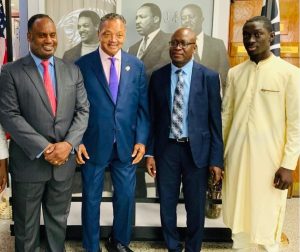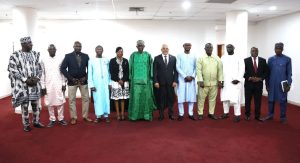Gambiaj.com – (BANJUL, The Gambia) – The Supreme Court of The Gambia has adjourned to Wednesday, April 9, at 12 PM the constitutional case filed by Hon. Almamy Gibba and seven others challenging the legality of The Gambia’s ban on Female Genital Mutilation (FGM).
For the first time since the case began, Hon. Gibba and his fellow plaintiffs appeared with legal representation, as lawyer Lamin J. Darboe has taken up their case pro bono. His involvement marks a new phase in the legal battle against the 2015 amendment to the Women’s Act, which criminalized FGM in The Gambia.
During Monday’s hearing, a state counsel raised a preliminary objection, arguing that the Supreme Court lacks jurisdiction to hear the matter. The state contended that under Section 127 of the 1997 Constitution, cases involving the enforcement of fundamental rights fall under the exclusive jurisdiction of the High Court.
This sparked intense legal arguments, with the state insisting that the case should be dismissed on jurisdictional grounds, while the plaintiffs maintained that the Supreme Court should hear the matter.
Chief Justice Hassan B. Jallow, leading the Supreme Court panel, adjourned the case to allow further submissions on the jurisdictional issue.
Speaking after the proceedings, lawyer Lamin J. Darboe criticized the state’s objection, arguing that it seeks to prevent the court from addressing the core constitutional questions.
“The preliminary objection is essentially saying, ‘Don’t even hear the case.’ They argue that the Supreme Court has no mandate, and we are opposing that. We want the court to address the substance—the humanity and rights at stake,” he stated.
Darboe acknowledged the emotional and cultural sensitivities surrounding the case but emphasized that the judiciary remains the best avenue for resolving such disputes.
“It’s better to go to court than to take matters to the streets and start throwing stones. I appreciate the court granting us time to respond, and we look forward to presenting our submissions on Wednesday,” he added.
Hon. Almamy Gibba expressed deep appreciation for Darboe’s decision to represent them without charge, noting that other lawyers had requested fees ranging from D1.5 million to D3 million to take up the case.
“When we met him, he didn’t charge us—not even a consultation fee. He stepped up as a concerned citizen and a patriotic Gambian,” Gibba said.
The plaintiffs argue that The Gambia’s anti-FGM law infringes on their cultural and religious rights as protected under the 1997 Constitution. The state, however, maintains that the ban is a necessary safeguard against harmful practices that violate the rights of women and girls.
The case has attracted national and international attention, as its outcome could redefine the balance between cultural traditions and human rights protections in The Gambia.
The Supreme Court is now set to rule on whether it has jurisdiction before addressing the substantive constitutional questions at hand.



